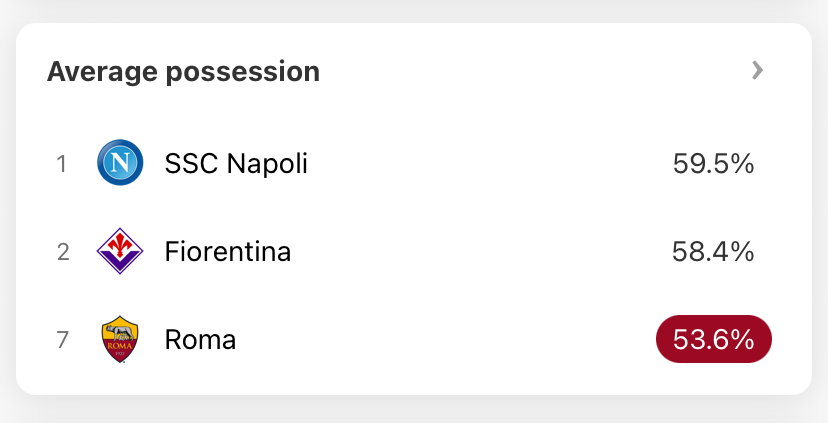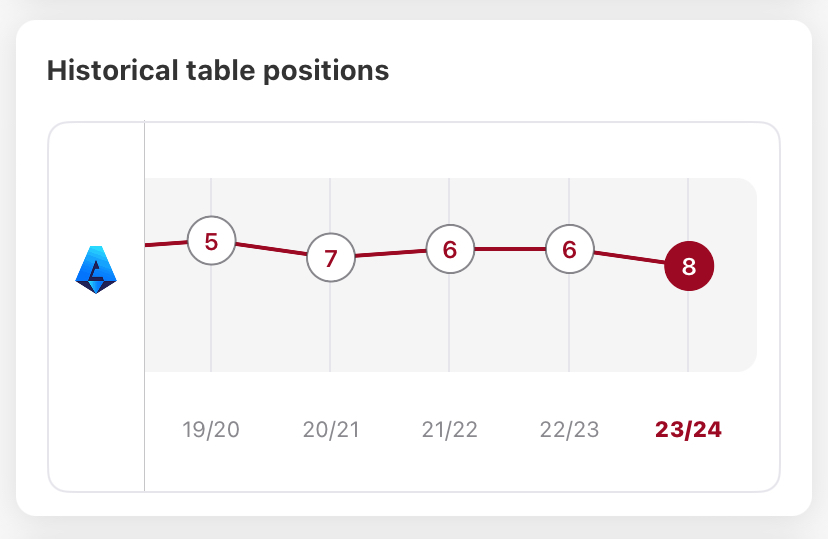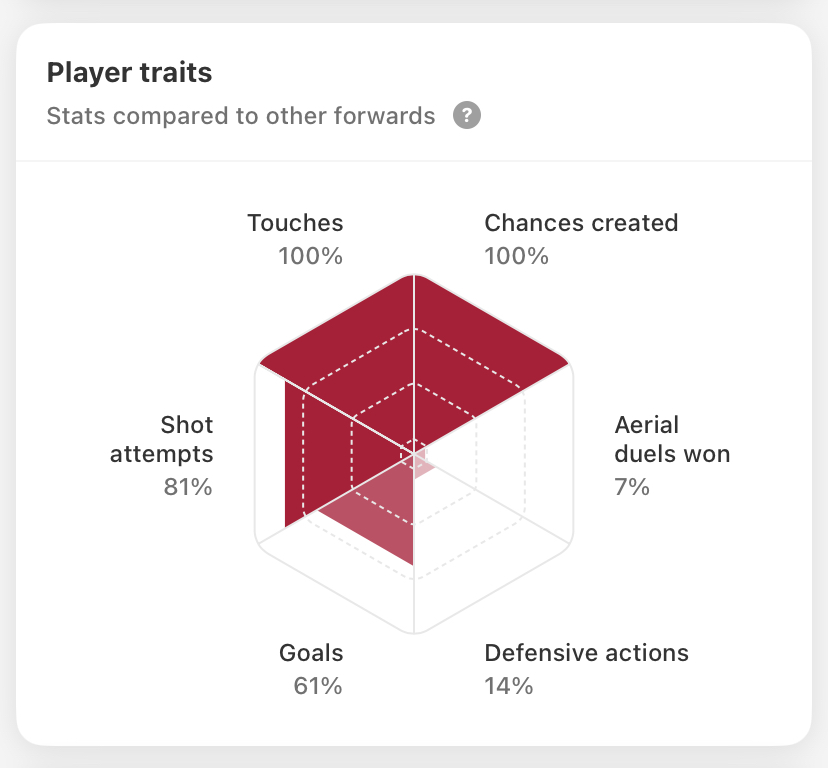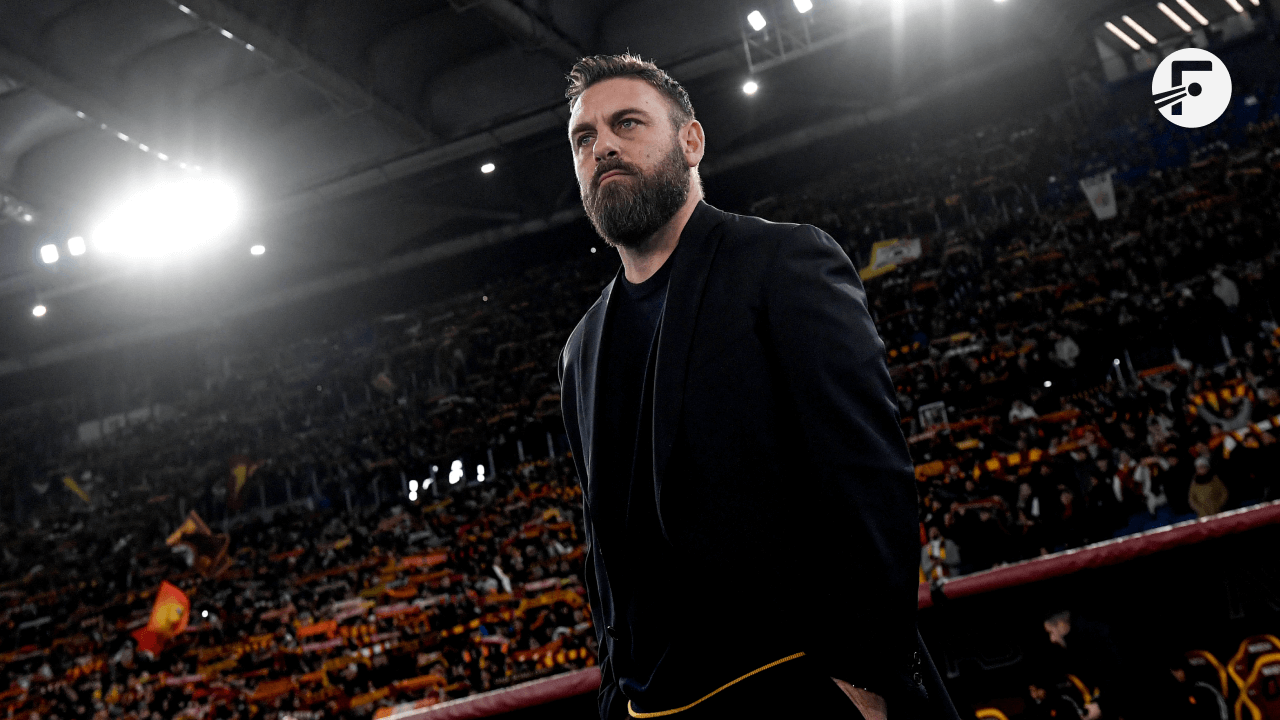A sense of positivity returned to the Stadio Olimpico on Saturday, as Roma picked up a 2-1 win over Verona. While the victory was a rather nervous one by the end, it was the Giallorossi’s first win since the end of December and while the recent weeks were full of tricky games, Daniele de Rossi’s return to the club proved to be a sweet one.
José Mourinho’s sacking last week divided opinion among the fans and De Rossi’s arrival was followed by a criticism of the Italian’s managerial CV. De Rossi was previously part of Roberto Mancini’s Italy coaching department, but his last stint as manager had seen him get sacked by then-Serie A side SPAL just months after being hired, leaving the side 18th in the league and without any tactical identity. It is ironic that the lack of a tactical identity was one of the reasons why Mourinho lost his job.
Having said that, there did seem to be an identity when Roma took to the pitch at the Olimpico. While one game is an incredibly low sample size to make any judgments about De Rossi, there were some early signs that the former midfielder’s approach will be focused on control.
Roma had 62 percent of possession in the game, which is well above the season average of 53.6 percent under Mourinho, who certainly prefers a more pragmatic approach. They’ve had more possession than that in games against Udinese and Sassuolo, perhaps suggesting that De Rossi might prefer an approach where he has higher control of possession.

It wasn’t the just amount of possession that spoke volumes, as De Rossi told DAZN after the game about what he wants to focus on in training:
“I believe you should control the ball and therefore dominate the game, it is one of the first things we worked on. However, if we do it quickly to get away from the opposition press, then it has meaning.
“However, if we keep possession slowly, then we don’t put the game to bed, we put ourselves to bed and fall asleep. We become too predictable, the opponents are well-prepared and know how to get through those situations if we don’t move the ball quickly.”
In a way, the shift to a 4-3-2-1 shape aided the move towards a more controlled approach and the expectation is that this could become a pattern. De Rossi’s side played with one full-back creating a back-three in build-up with the other one advancing high and wide.
The second half was a much more nervous one than the first one, but the day was about getting the job done and starting well, as banners about Mourinho were unfurled inside the Olimpico days after the sacking of the Portuguese was condemned by other banners found across the city. As the game wore on, Roma fans serenaded De Rossi with chants that hark back to his glorious career as a club icon, showing that they will not take much time to endear themselves to the new manager.
After all, it didn’t take too long for them to endear themselves to Mourinho at all. A special connection was forged with the Portuguese within weeks, as the fans backed Mourinho in everything. From a playing style which firmly helped Roma establish themselves as the underdog to launching a tirade against officiating, they seemed to be in it together, until almost the very end.
Winning the Conference League was one step towards forging that strong bond and while the Europa League final loss was disastrous, the aftermath increased the connection between Mourinho and Roma’s frenetic fan base further. Reports have stated that the Friedkins, the club’s owners, weren’t happy with Mourinho’s constant attacks against officials, and his behaviour after the loss to Sevilla, but the fans were fully behind their manager. After a point though, the attacks became predictable and everyone could see them coming and it reached a point where things simply turned stale.
It is true that Mourinho’s stint at Roma did escalate the club’s global status to new heights. Mourinho’s very association with the club made the Giallorossi seem like a big deal and so did their progress in Europe. And it is no surprise that some fans may still have an issue with the sacking. But one look at the league standings across the last two seasons suggests that things were far from perfect.

Consecutive 6th-placed finishes mean that Paulo Fonseca’s side of 2019/20 finished higher than Mourinho’s outfit. And under Fonseca, Roma reached a Europa League semi-final despite a raft of injuries, and were knocked out by Manchester United in 2021. Under previous coach, Eusebio di Francesco, they even reached a Champions League semi-final while finishing inside the top four once. In that sense, a case can be made of the fact that Mourinho’s trophy win at Roma was a bit of a superficial exercise, as league form was always inconsistent.
Injuries were an issue too, especially this season. New signings Houssem Aouar and Renato Sanches never quite made an impact and Chris Smalling’s absence was an issue. The side constantly faced injury problems in the backline. Having said that, Mourinho’s side never really displayed a tactical identity even when players were fit and that was true till the very end. There was a heavy reliance on Paulo Dybala’s creativity and in his absence, attacking impetus was always limited.

Tammy Abraham’s injury has also played an indirect role. As the Englishman was more than just a goalscorer and provided a more all-round presence than Romelu Lukaku. Abraham did miss chances and was one of the reasons why the club could never perform as per their xG over the last two seasons, but he was also a dynamic creator and a better fit to operate with Dybala.
That isn’t to say that Lukaku has been disappointing. It is just that the Belgian is a different player compared to Abraham, with the Englishman offering more on and off the ball. And his injury has impacted the attacking dynamism, thereby encapsulating how fitness issues did hamper Mourinho’s time Athletic the helm. At the same time, the Portuguese could never implement an identity – something that even Fonseca did previously, and with limited spending.
And a new tactical identity is what De Rossi should be keen to impose on the side. Mourinho’s stint did yield silverware and a never-seen-before connection between the manager and fans, but it didn’t leave behind an identity that De Rossi can rely on.
The Italian has high expectations to match and unfair comparisons will constantly be made to Mourinho. But Roma’s reality lies in the fact that it operates in Serie A, a league which isn’t as financially proficient as the Premier League. As a result, the club would have to rely on long-term building which is focused on a specific identity on and off the pitch and in recruitment. De Rossi’s task would be to hand the side something tangible that any future manager can use and evolve.
(Images from IMAGO)
You can follow every game from Serie A on FotMob, with deep stats, xG, and players ratings. Download the free app here.
